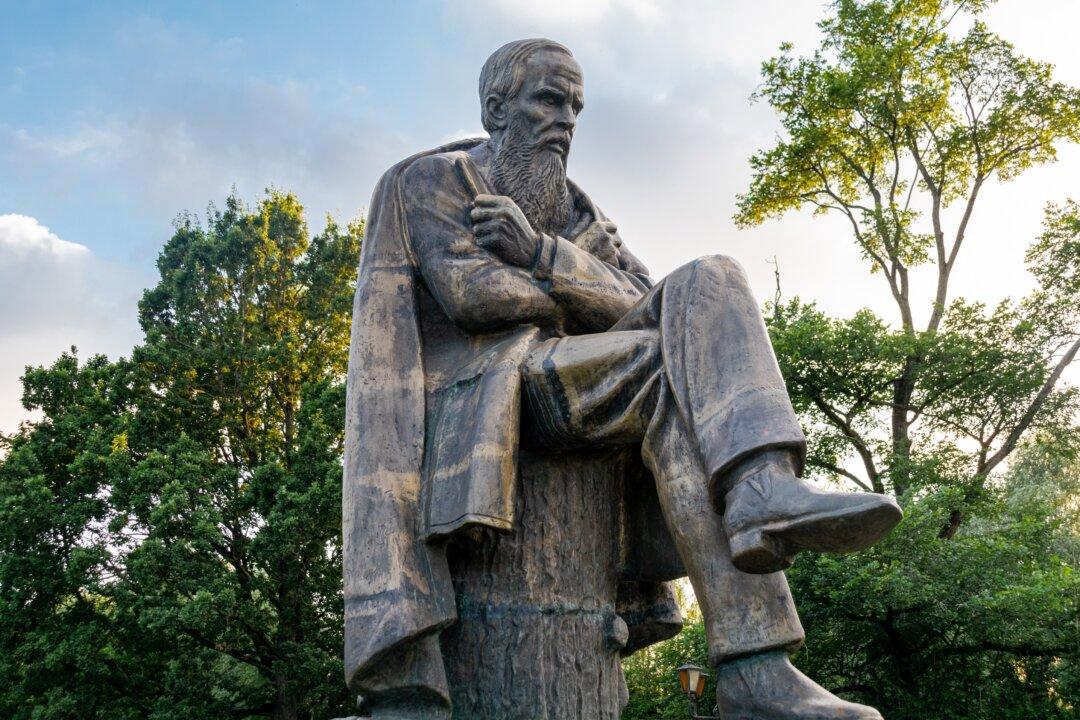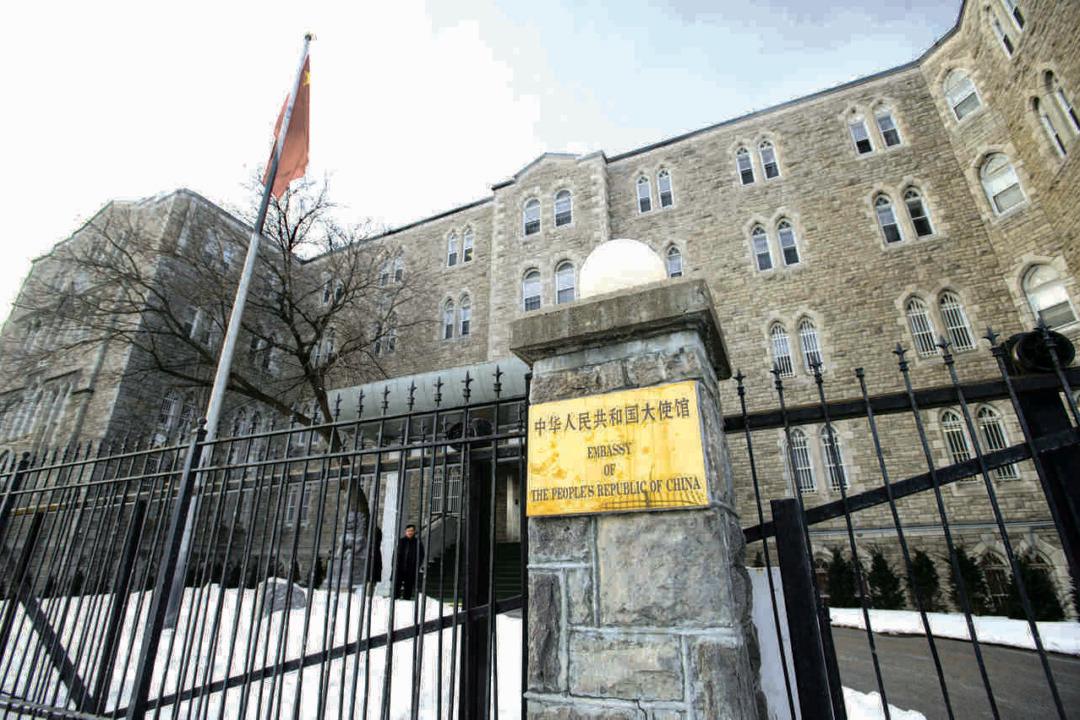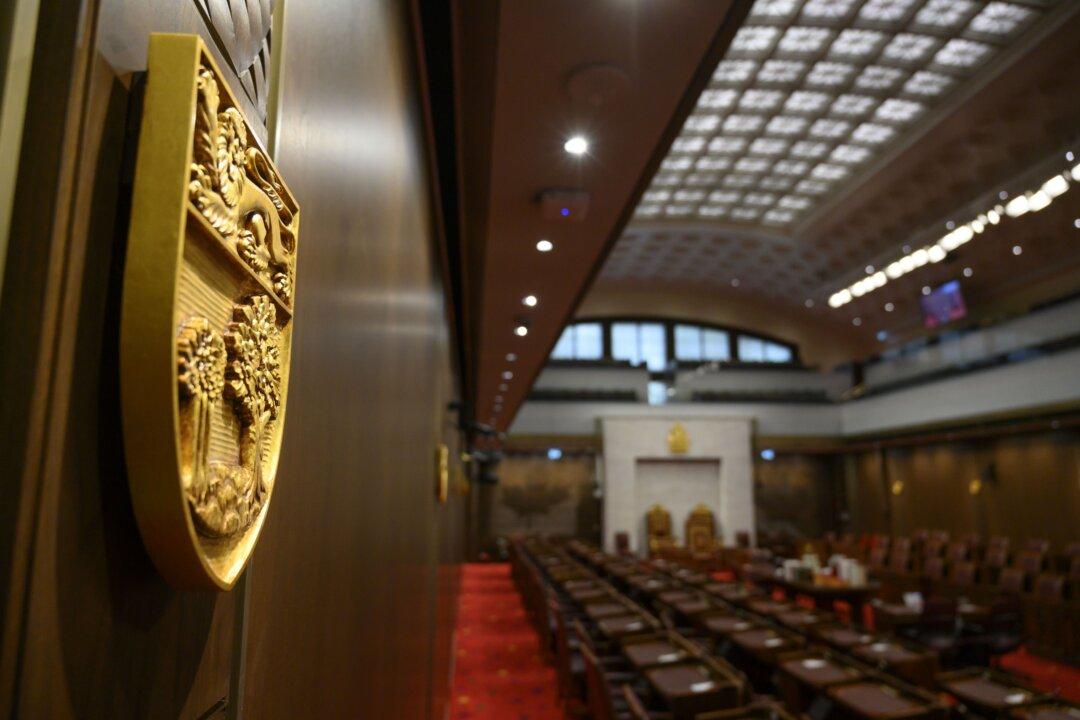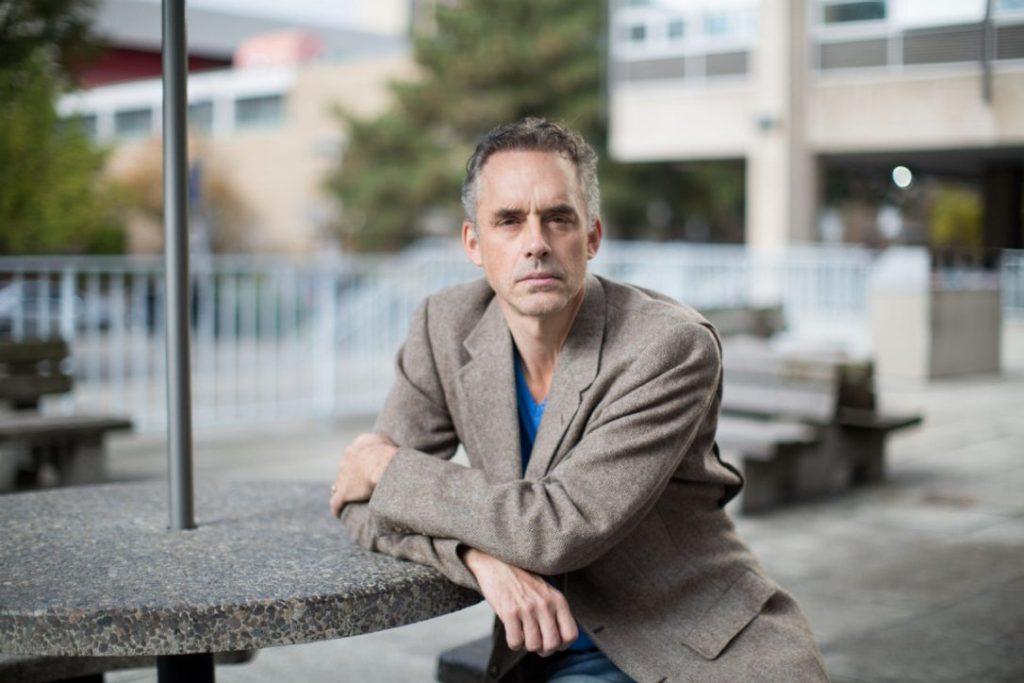Commentary
Money which my wife and I now have but never had for years seems to provoke the belief in others that we should have a kind of commitment toward open-mindedness, a feeling that we must pay obligatory lip service to the “liberal” issues that have forced their way into the court of today’s public opinion. Some have the unfortunately naive belief that none have ever before wrestled with the tragedy of the human condition or may know more about it than they themselves.





